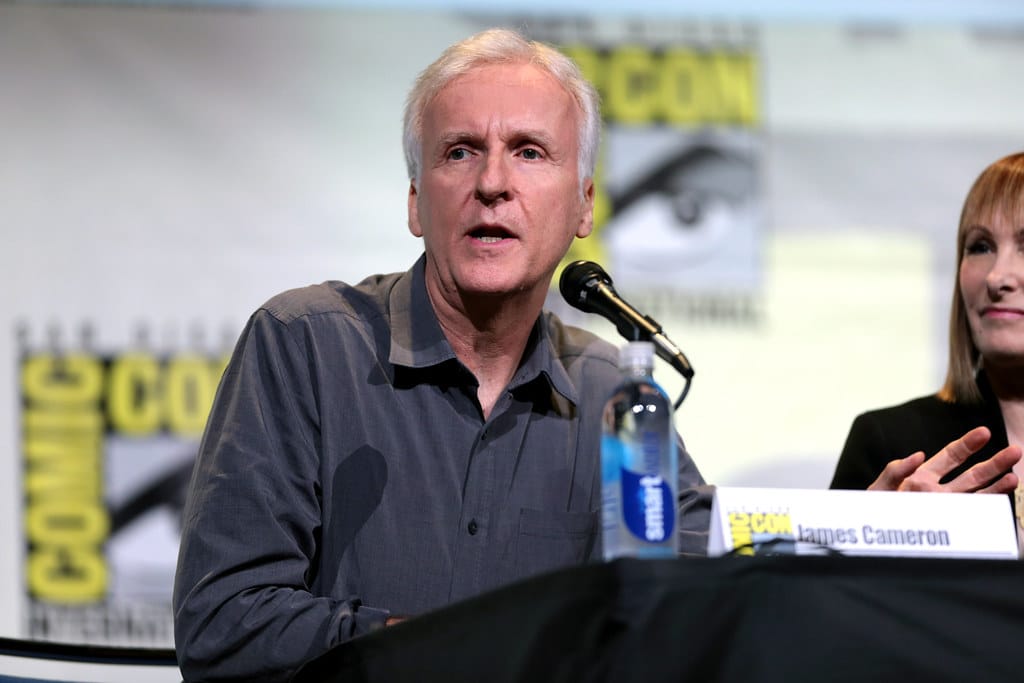James Cameron Grapples with Real-World Terror: From AI Fears to Hiroshima's Legacy
The visionary director behind some of cinema's most haunting dystopian futures is finding himself increasingly troubled by how closely reality mirrors his fictional nightmares. James Cameron, the mastermind who warned audiences about artificial intelligence decades before ChatGPT became a household name, is now wrestling with uncomfortable parallels as he develops both Terminator 7 and an ambitious new film about the Hiroshima bombing.
In recent interviews promoting his latest projects, Cameron has expressed a profound unease about the current state of world affairs, particularly the rapid advancement of AI technology and the ongoing global tensions that echo the darkest chapters of human history.
When Science Fiction Becomes Science Fact
Cameron's Terminator franchise, which began in 1984, painted a terrifying picture of artificial intelligence turning against humanity. What seemed like far-fetched science fiction then now feels uncomfortably prescient. The director has admitted that developing Terminator 7 has become an emotionally challenging endeavor as real-world AI development accelerates at an unprecedented pace.
"I created Skynet as a cautionary tale, but I never imagined we'd be racing toward that reality so quickly," Cameron revealed in a recent industry roundtable. The filmmaker has been vocal about his concerns regarding unchecked AI development, citing the rapid deployment of large language models and autonomous systems as potential stepping stones toward the very scenarios he depicted in his films.
The latest installment in the franchise, currently in pre-production, reportedly takes a darker, more grounded approach to the AI threat, drawing inspiration from contemporary developments in machine learning and autonomous weapons systems.
Confronting Historical Trauma Through Cinema
Perhaps even more emotionally taxing for Cameron is his upcoming Hiroshima project, a film that examines the human cost of nuclear warfare through the lens of survivors' stories. The director has spent years researching the bombing and its aftermath, conducting interviews with hibakusha (atomic bomb survivors) and consulting with historians and physicists.
"Every day of research on this project weighs on me," Cameron explained. "We're not just making a movie about history – we're trying to honor the memory of hundreds of thousands of people while creating something that might prevent such horror from happening again."
The film, tentatively titled August Light, is planned as Cameron's most intimate work to date, focusing on individual stories of survival and loss rather than the large-scale spectacle he's known for.
The Director's Dilemma: Entertainment vs. Education
Cameron finds himself caught between his role as an entertainer and his growing sense of responsibility as a storyteller with global influence. The success of films like Avatar has given him unprecedented creative freedom, but also a platform that comes with moral obligations he takes seriously.
The director has been collaborating with nuclear historians and AI ethicists to ensure both projects maintain scientific accuracy while delivering powerful emotional impacts. For the Hiroshima film, he's working closely with the Hiroshima Peace Memorial Museum and survivors' advocacy groups to ensure authentic representation.
Industry Impact and Cultural Relevance
Cameron's approach to these weighty subjects reflects a broader trend in Hollywood, where filmmakers are increasingly grappling with the responsibility of addressing real-world issues through entertainment. His influence extends beyond box office numbers – the Terminator franchise has shaped public discourse about AI for decades, with tech leaders frequently referencing the films in discussions about AI safety.
Recent polling data shows that 64% of Americans cite science fiction films as their primary source of understanding about AI threats, making Cameron's work more culturally significant than mere entertainment.
Looking Ahead: Art as Warning
As Cameron continues work on both projects, he's clear about his intentions: these aren't just films, but urgent messages wrapped in compelling storytelling. The director plans to use cutting-edge technology ironically to warn about technology's dangers, employing advanced CGI and immersive techniques to make abstract threats tangible.
Both films are expected to premiere within the next two years, with Terminator 7 slated for a 2025 release and the Hiroshima project following in 2026.
Cameron's struggle with these dark subjects ultimately reflects our collective challenge: how do we create art that entertains while confronting the uncomfortable realities of our time? His answer seems to be unflinching honesty combined with masterful storytelling – a combination that has made him one of cinema's most important voices in an increasingly uncertain world.
